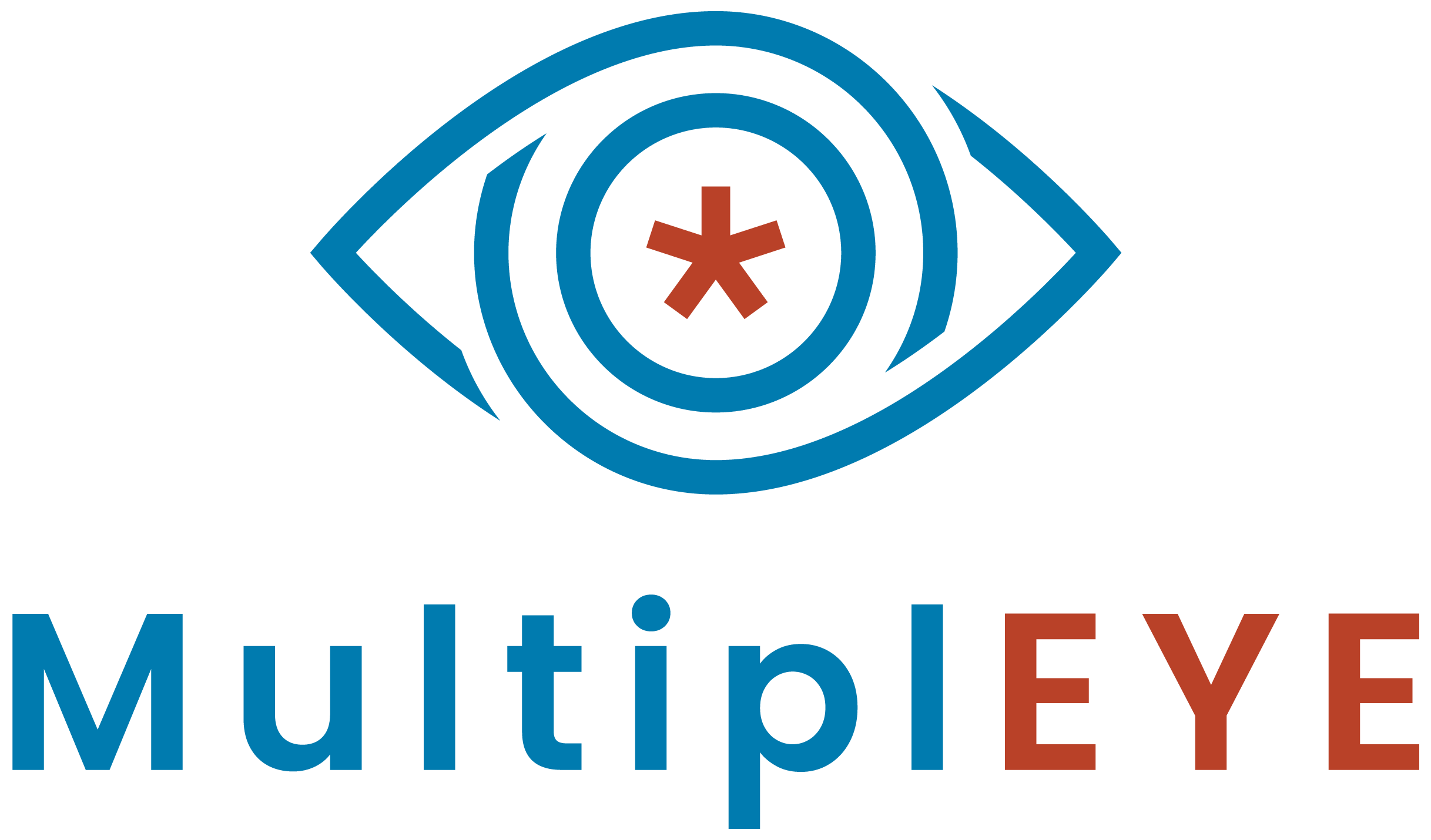Eye-tracking methodology and experimental decisions play a crucial role in this endeavour. There is a range of methodological choices that needs to be carefully addressed. These include font choices in reading experiments, paragraph-level and document-level linguistic and layout characteristics and other formatting aspects. The objective of this Working Group is to converge to a standard experiment design for natural reading experiments. This Working Group will also investigate current state-of-the-art possibilities of using low-cost eye-tracking technology such as webcam-based eye-tracking for reading studies and analyse to what extent and in what way self-paced reading data corresponds to certain reading measures extracted from eye-tracking data. There is a lack of research in that area and the quality of these methods has not yet been thoroughly evaluated for natural reading.
Deliverables
- Guidelines defining general desiderata for experiment design used for natural reading
- Publication(s) addressing methodological research questions including a paper on lessons learned and best practices for eye-tracking methodology for naturalistic reading experiments
- Training School and Workshop on eye-tracking methodology
Leader

Prof. Duygun EROL BARKANA
Yeditepe University, Istanbul, Turkey
Email: duygunerol@yeditepe.edu.tr
________________________________________________
Recent updates from Working Group 2
Experiment Design and Methodology WG2 meeting
The WG2 Experiment Design and Methodology meeting occurred on 21-22 January 2025, at the DesignLab and BMS Lab at the University of Twente, Netherlands. The meeting was organized by Cengiz Acartürk, Funda Yıldırım, and Duygun Erol Barkana. Researchers from WG 1 and WG 2 attended…
The Preprocessing Meeting in Zurich
From November 23–25, researchers from WG 1 and WG 2 gathered at the University of Zurich, Department of Computational Linguistics, for an intensive hackathon focused on developing the preprocessing pipeline for the MultiplEYE data which will not only include gaze event detection and the mapping of interest…
